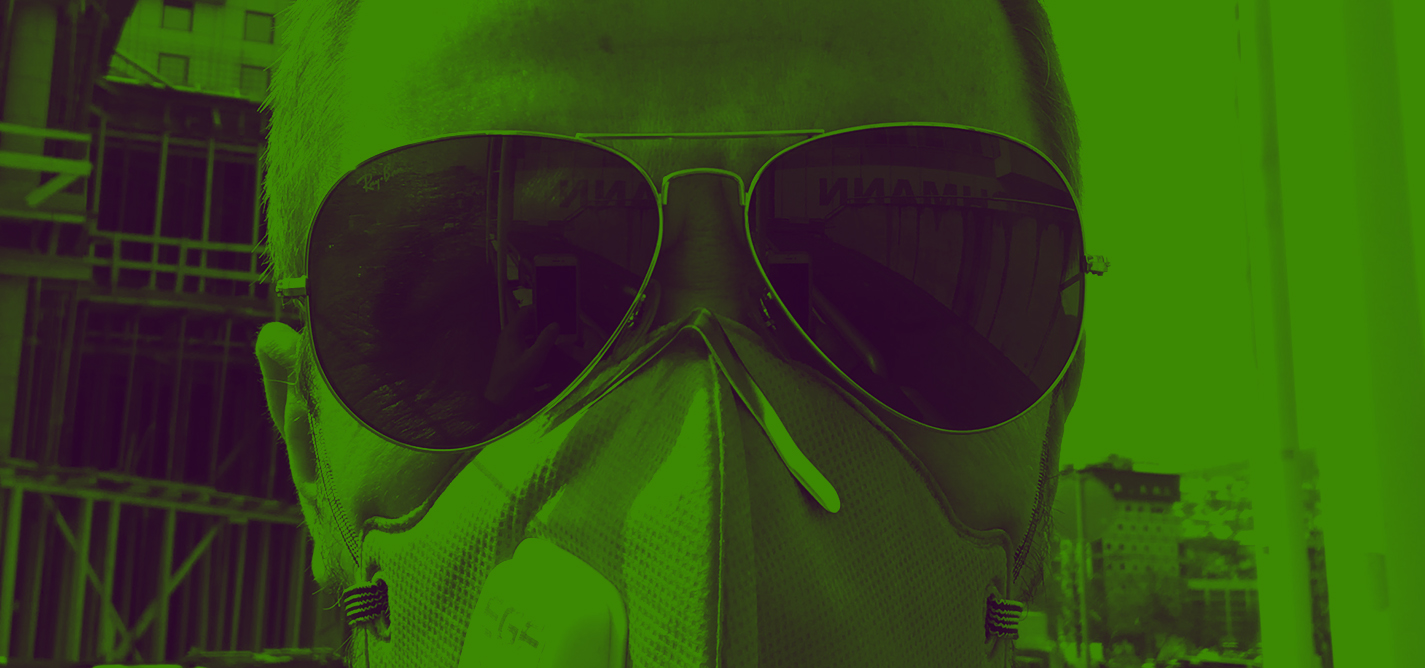
The Pandemonium Diary
|05.07.2020
|

Faruk Šehić
Faruk Šehić is a writer born in the Socialist Federal Republic of Yugoslavia (SFRY). During the war, he was a member of the Bosnia and Herzegovina Army, when he was also heavily wounded. Literary critics think of him as the voice of the so-called runned-down generation X. He received awards, while his work has been published in many languages. He lives in Sarajevo.
DISCLAIMERThe views of the writer do not necessarily reflect the views of Kosovo 2.0.
This story was originally written in Serbian.